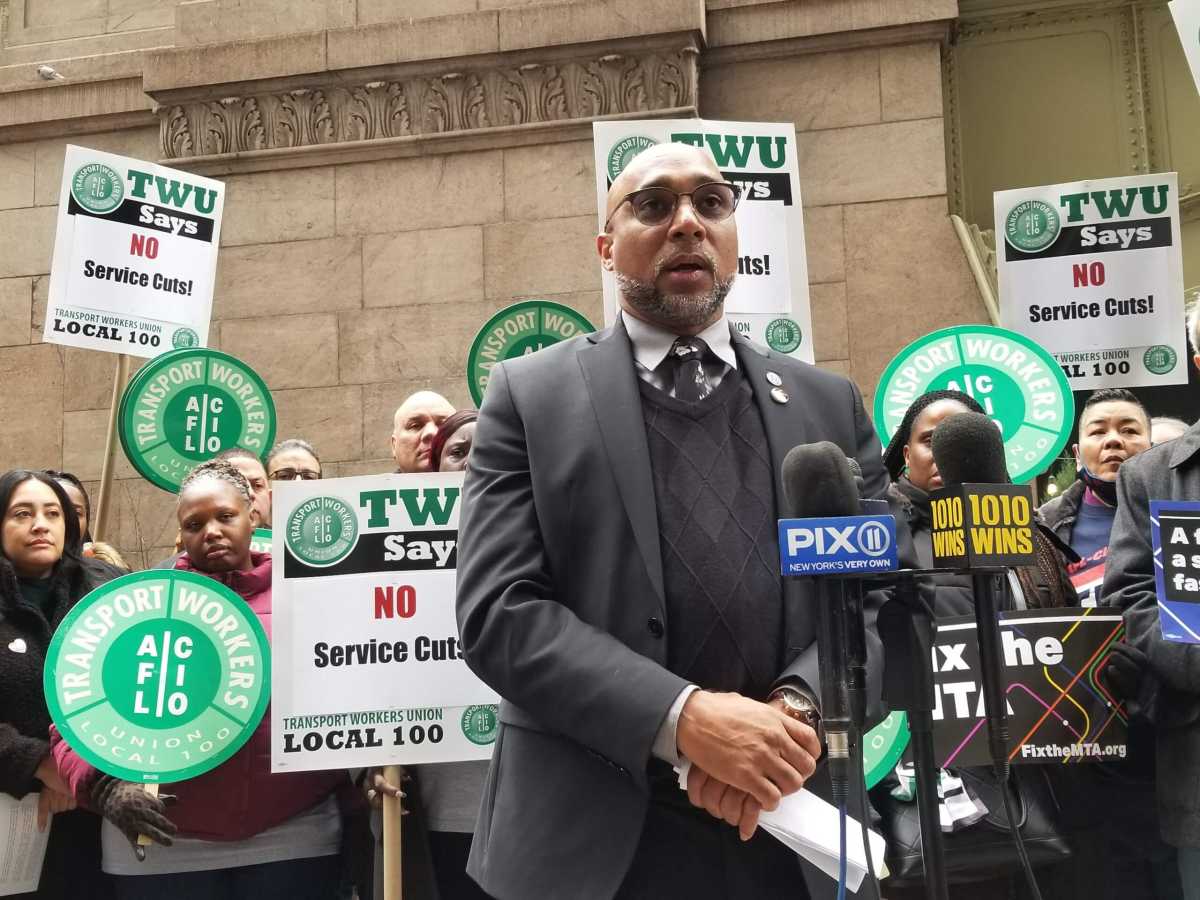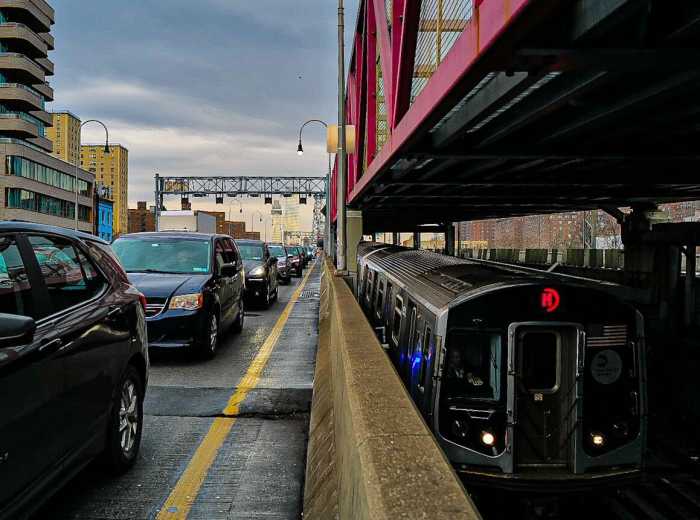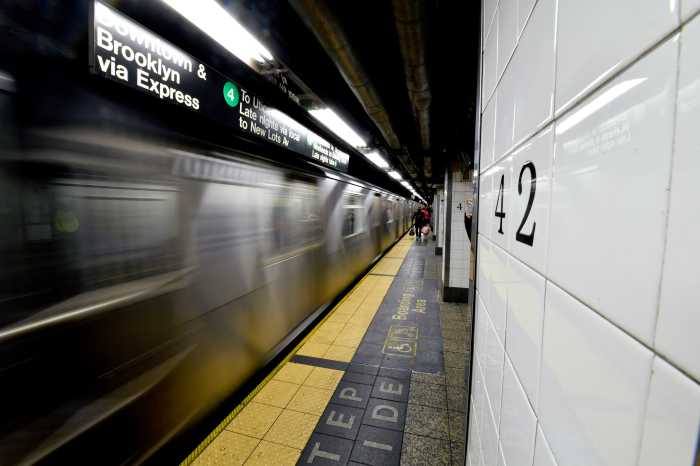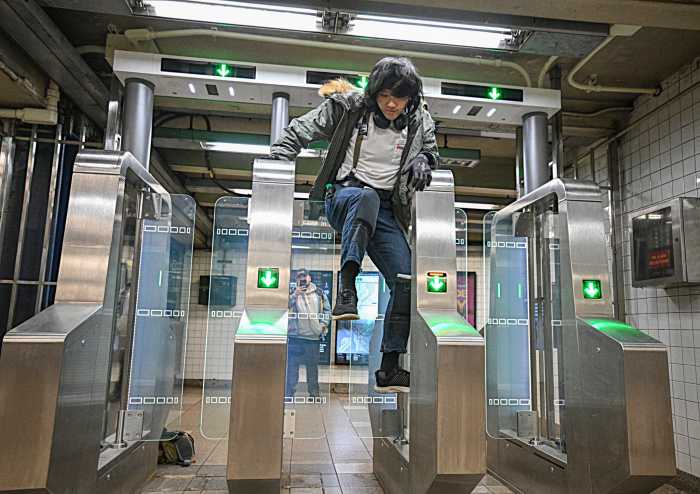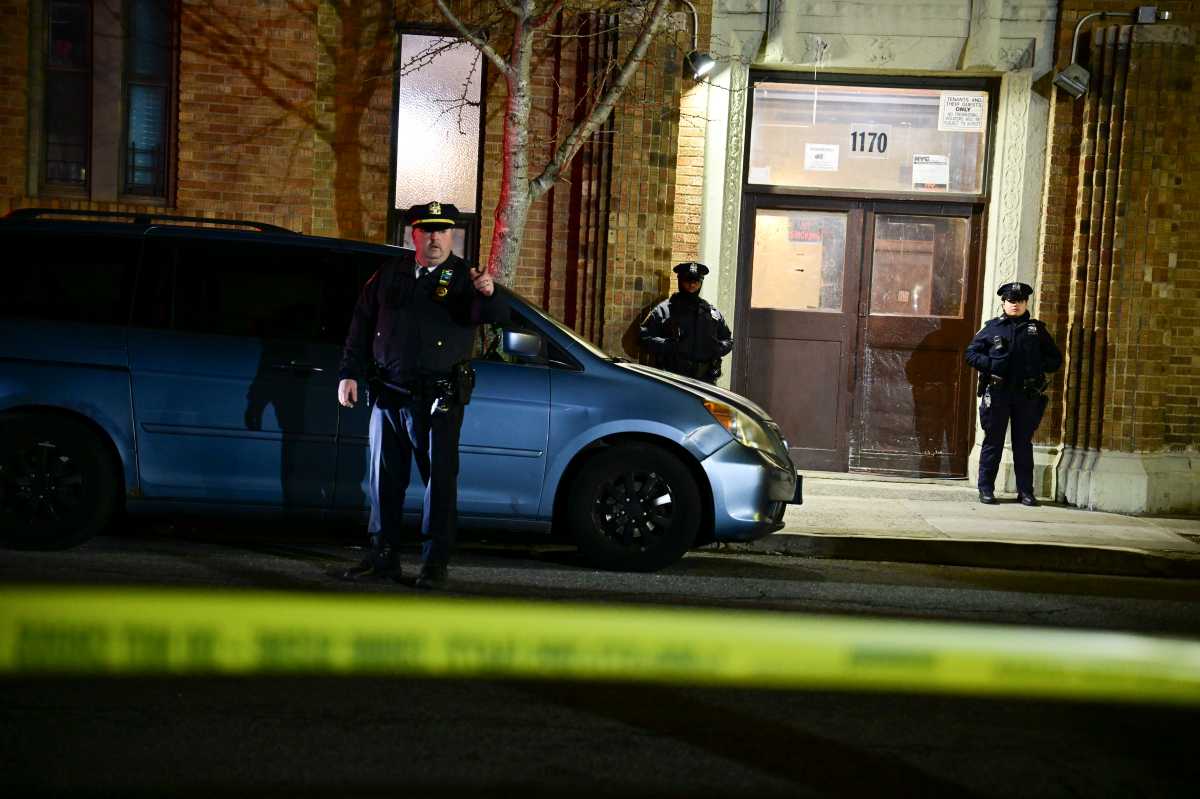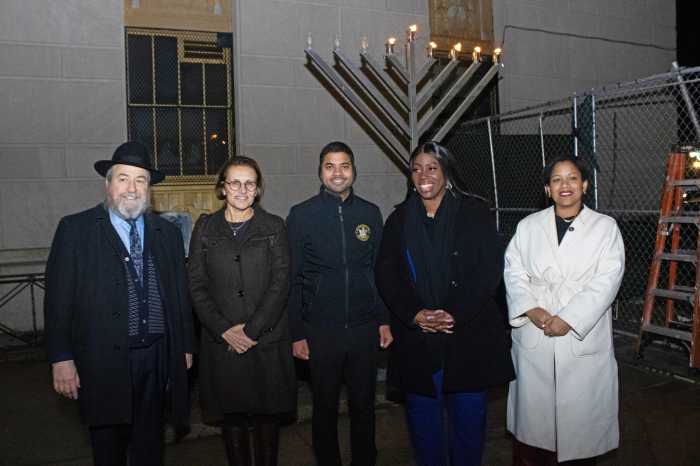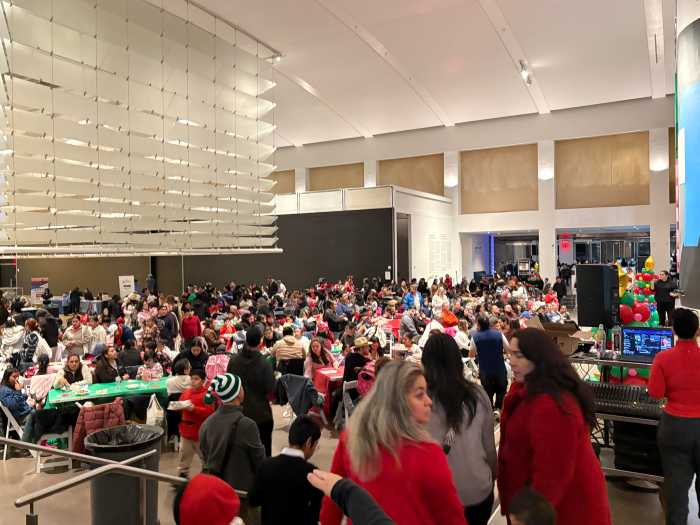The MTA has reached a tentative contract agreement with Transport Workers Union Local 100, the largest union representing its employees, that would raise workers’ wages by just under 10% over three years.
The deal, which still has to be ratified by the 40,000 members of the union representing subway and bus employees, provides for compounded wage increases of 9.8%, with a 3% bump this year and next and a 3.5% raise in 2025. Members will also get a $4,000 “essential worker cash bonus” in recognition of their work keeping New York moving during the pandemic.
Workers will now be eligible for three months of paid maternity leave and one month of paid paternity leave, up from two weeks for both. The families of the 110 transit workers who died from COVID-19 will be eligible for medical coverage through the contract’s expiration in 2026.
The deal would expand members’ dental and vision care, and also cover therapy for transit workers’ autistic children. The MTA’s proposed doubling of paycheck deductions for healthcare coverage, from 2% to 4%, was defeated in the final deal, the union said.
“These victories, and others you will see in this package, were not easily obtained,” said the TWU Local 100’s president, Richard Davis, in a message to members Wednesday evening. “The MTA took a hardline stance, not wanting to give an inch of ground on wages or benefits.”
John McCarthy, the MTA’s chief of external relations, confirmed the handshake agreement but declined to comment on the specifics, noting the deal is still pending ratification by members.
The contract agreement comes just over a month after the passage of the state budget, which will stabilize the MTA’s shaky finances for the next few years amid uncertainty over post-COVID ridership trends. The budget deal is predicated on the avoidance of service cuts or layoffs, and includes money to expand subway service and pilot free bus service on select routes.
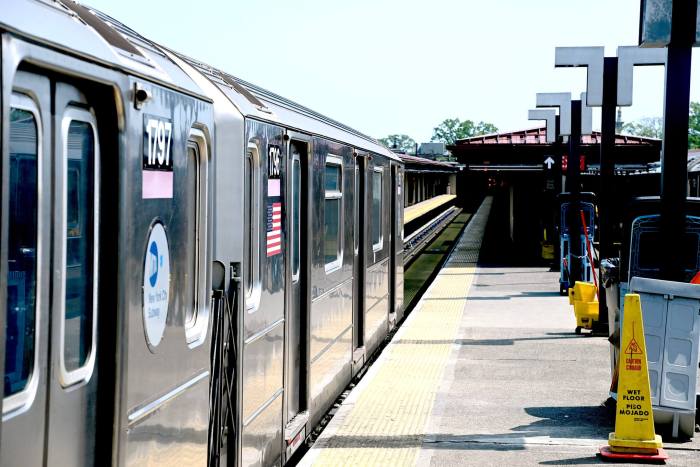
“We are grateful for the leadership of Governor Hochul and the New York State Senate and Assembly for passing a budget that secures mass transit,” said McCarthy, “and we acknowledge the hard work and dedication of both negotiating sides to reach this point.”
TWU’s previous contract expired on May 15 without a new deal, as talks broke down over disagreements on wages and healthcare. Amidst the closed-door negotiations, TWU publicly deemed the MTA’s counterproposals “pathetic” on Twitter and argued Governor Kathy Hochul was treating transit workers with “disrespect.” Davis asserted that the social media war of words was something of a counterbalancing tactic as the MTA “enlisted deep-pocketed powerbrokers…to push its contract agenda in the media.”
“Your voices were definitely heard by all, and that improved our position at the bargaining table,” said Davis. “We attacked the MTA on social media, and told the Authority it should try managing the place better before trying to squeeze transit workers.”
Still, many of the union’s initial contract demands went unmet. Although the deal expanded members’ paid family leave, it was still considerably less than the six months sought by TWU for both maternity and paternity leave. Three years of health coverage for the bereaved families of transit workers felled by COVID was also well short of the lifetime medical benefits the union wanted.
The union also failed to secure hazard pay or a new “COVID Remembrance” paid holiday.
Not everyone was pleased with the deal, like Trammell Thompson, a subway conductor and founder of the Progressive Action splinter caucus, which is heavily critical of union leadership. In an hourlong YouTube video, Thompson deemed the contract “abominable.”
“The union know that we went through COVID. They know that we’re going through a pandemic of assaults. They know that we’re not respected. And the union negotiated a contract…as if nothing happened in 2020, 2021, 2022,” Thompson said. “They acting like we didn’t go through this pandemic, and when we allow the MTA to use words like heroes, this is not a contract that says we are heroes. This is a contract that speaks to how the MTA really view us.”
In February, Thompson and TWU vice president Canella Gomez were arrested following a brawl at the Bedford Park Boulevard subway stop. The union claimed that Thompson threw the first punch and Gomez acted in self-defense, but Thompson sustained significantly worse injuries following the melee. Progressive Action supporters disputed the union’s version of events and unsuccessfully called for Gomez’s ouster, arguing TWU couldn’t negotiate a contract in good faith with him still at the bargaining table.
Read more: Staten Island Ferry To Offer Food and Beverages Again



